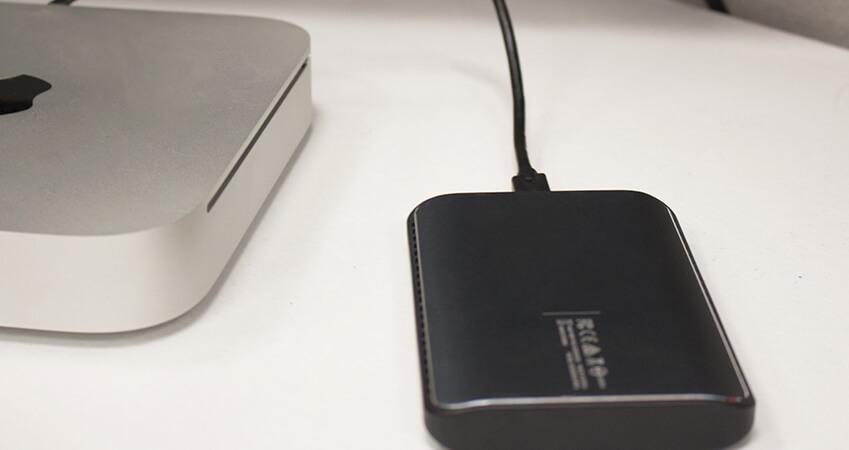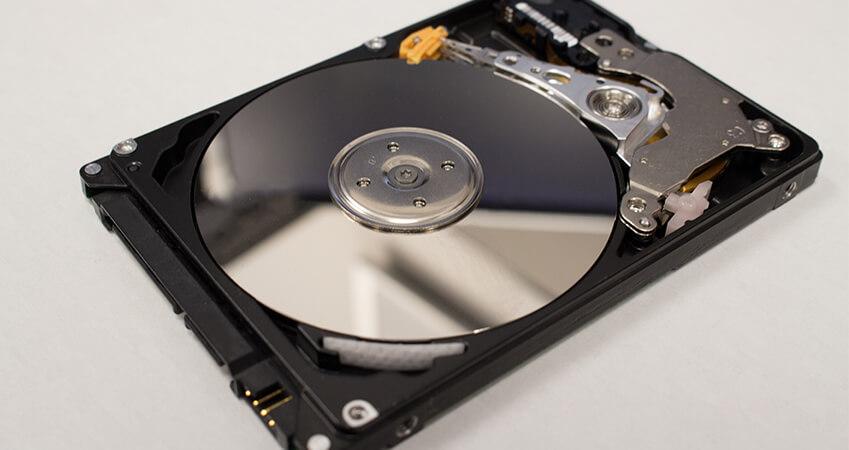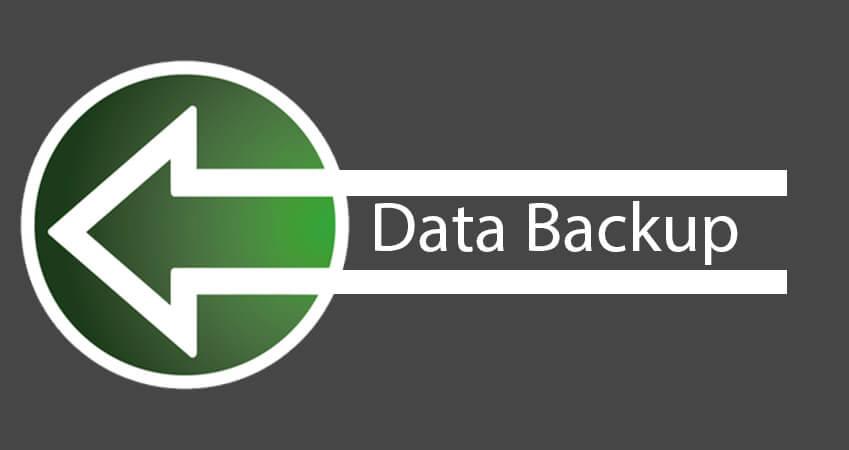Data Security Mistakes in the Music Industry
The music industry revolves around lead singers, producers, and studios working together to produce popular, appealing music for fans and casual listeners. These musicians travel from studio to studio, recording with featured artists and separate producers, so they have to bring the raw elements of their music with them. So, do you know what the raw elements, the backbone of the entertainment industry is? Portable hard drives.
Hard drives are digital storage devices that save the formatted code you make onto the physical disk which is used to store the recorded music. At Prosoft Engineering, we deal with crashed, erased, and mangled hard drives everyday. We developed a data recovery software, and we have a state-of-the-art data rescue lab on-site. But enough about us; let's dive into the ways that music producers use and lose precious projects on their hard drives.
The smartest producers are always aware of how their data is being stored. Some people carry their musical production with them at all times to prevent mistakes. Frank Ocean, for example, traveled the world for the last few years carrying his hard drive on his person at all times before his recent album release, Blonde.
Other musicians are notorious for saving their music from their home studio in their personal internal vaults. Prince, for example, had a recording studio in his Minneapolis mansion and, when he died, it was announced that his musical vault had hundreds of unreleased songs and material.

These are some of the best artists of their generation. These methods aren’t feasible for every person. The most common method for storing your music safely is by backing up your hard drive to multiple sources. This creates **redundancy**. Then, in the event of hard drive failure, you have another working copy of your music.
However, too much redundancy makes your music insecure and liable to be leaked. Have you noticed in the late 2000’s how you could preview albums online before their official release date? This was because of faulty security surrounding artist’s music stored on hard drives. They allowed too much access to their music, leading to mistakes and leaks.
On the flip side, by having a secretive operation in your studio, you can keep your project under wraps until you are ready for the release. The famous artist Jay-Z with his new album, 4:44, kept the project hushed until one week before the release date. Now that’s an example of how you control the architecture surrounding your music!
On the other side again of this spectrum lies the recent actions of rapper Quavo, growing famous with his solo albums after his success with the rap group Migos. According to recent news reports, Quavo lost his hard drive with his upcoming album Culture 2. While there are no confirmed reports of whether his music was backed up or not, it sets a good example of how susceptible hard drives can be to data loss.

Hard Drives
There have been numerous cases of people losing their hard drive or computer. We will never know the extent of the loss, both artistically and financially, due to hard drive loss.
An even better term might be called theft. The author of this piece, for example, had his computer stolen during his sophomore year of college with his term papers and creative writing projects. Every thing that wasn’t backed up to a third-party location was lost forever.
A historical example, which doesn’t involve hard drives but shows the fragility of artistic projects, is Hemingway’s suitcase. He put all of his manuscripts, including carbon copy and rough drafts, into his suitcase, and went to buy a bottle of water. When he returned, the entire suitcase was gone. Imagine how valuable that would be if his suitcase of manuscripts ever showed up again!
The point is, you can lose your hard drive and projects forever if you don’t have successful backups of your data. So make sure to keep multiple copies of your data stored in different places. For more information, check out this blog post for a complete guide on how to backup your data.

Data Backup
Here at Prosoft Engineering, we specialize in hard drive optimization and recovery. So it’s only natural that we created Data Backup for Mac, and will be releasing a Data Backup software for PC in the coming month.
This software gives you complete control over all of your hard drives. You get five different backup options, for variety's sake. And you get notifications when the backup is complete. It’s meant for the single-home user with multiple hard drives. There are loads of solid features in this software.
So when you are writing and recording music, make sure to have a valid backup of your data. But not too many, you don’t want your music to leak. Good luck!